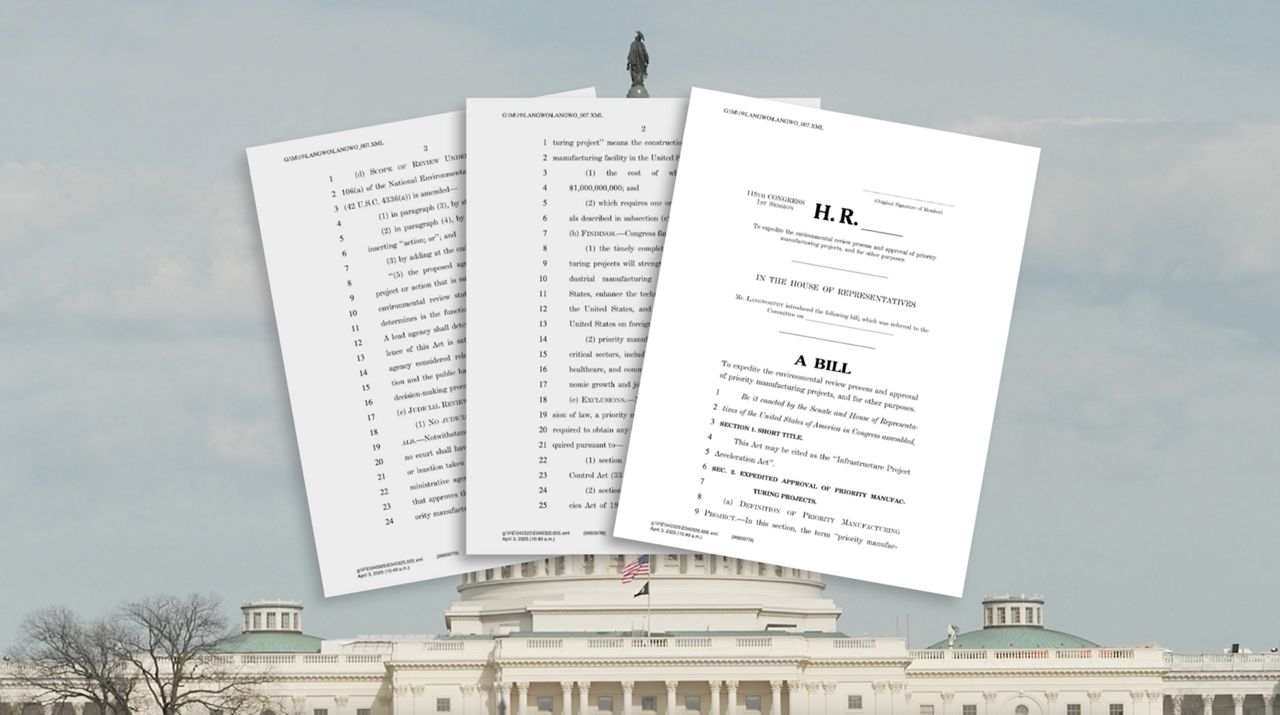Now that Congress is edging close to a federal stimulus deal, Governor Andrew Cuomo is pushing to make sure that changes to the federal tax code are included.
For years, Governor Cuomo has been pushing Congress to repeal a section of former President Donald Trump’s tax code that limits how much New Yorkers can deduct from their state and local taxes, otherwise known as SALT.
Cuomo called SALT a “targeted economic assault” on New York.
“They for the first time ever taxed the taxes that people pay,” Cuomo said during a press conference on Friday. “It was the first double taxation in history. And it was a pure redistribution of wealth, saying we’re going to take from the richer states and give to the poorer states.”
Right now, there is a $10,000 limit on how much property owners can deduct from their state and local taxes.
Sean Acosta, a property tax expert at Property Tax Reduction Consultants, says this means many homeowners are losing thousands of dollars each year.
“I’m having calls come in at least once a day, once every other day…what more can I do? And I tell them besides filing your grievances and getting the exemptions and deducting what limited you can from SALT, they are kind of out of options,” Acosta explained.
With the possibility that local governments might have to raise taxes due to lost revenue from the pandemic, Acosta says this could drive more homeowners out of the state.
Several counties in New York already have the highest property taxes in the country.
“If they did have the SALT deduction in place the way that it should be and they could claim all that extra money in order to save some, then they wouldn’t necessarily have to leave,” Acosta said. “So it would benefit the state because you would have more homeowners who are now going to be staying here, and are now going to continue to live here and pay the property taxes.”
New York did file a lawsuit in conjunction with other states challenging the SALT provision, but it was dismissed and is now facing a skeptical U.S. Appeals Court.









